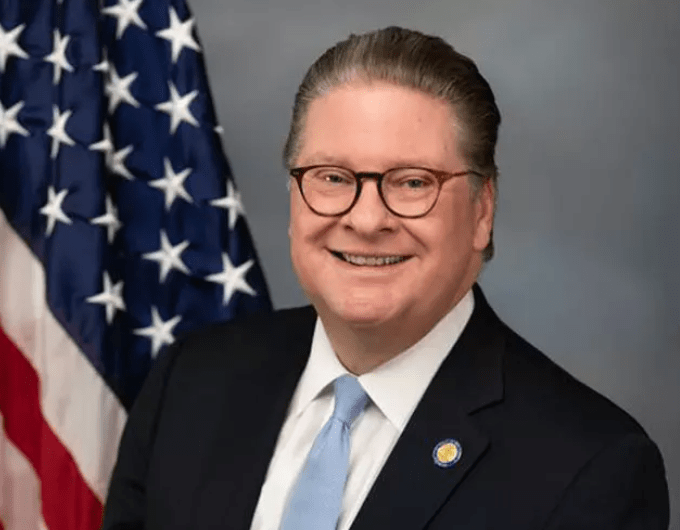ALBANY – State Senator Pete Harckham has introduced new legislation that will expand the state’s food scraps recycling and food donation program. The bill, which essentially requires growing participation by various grocery stores, restaurants and other food scrap generators, is meant to decrease the greenhouse gas emissions caused from food production and disposal while helping to alleviate food insecurity in communities statewide.
“We need to do everything we can to fight the climate crisis, and a good place to start in lessening greenhouse gas emissions deals with the amount of food that is unused and thrown out each day,” said Harckham. “Bringing in more participants to the food scraps recycling program will effectively decrease these emissions while feeding countless residents—a real win-win for us in both the short- and long-term.”
Harckham’s legislation amends the environmental conservation law to add food scrap generators at different levels of food waste production in upcoming years.
Food waste generators averaging two tons or more of food per week between January 1, 2022 and Dec. 31, 2023 are required to join the program. Next are food waste generators averaging one ton or more of food per week between January 1, 2024 and December 31, 2025, then one half ton or more of food per week starting January 1, 2026 and thereafter.
Recent news investigations have highlighted how food production and food waste are major contributors to greenhouse gas emissions. Each step of food production, from growing, harvesting, processing and packaging to transportation and storage, releases harmful gases such as carbon dioxide and methane into the atmosphere. On average, Americans waste about 35-40 percent of the food that is produced nationwide, said Emily Broad Leib, the director of the Harvard Food Law and Policy Clinic.
This results in food production being to blame for almost 25-33% of greenhouse gas emissions worldwide—and when that food is wasted, the emissions that brought it forth are too. Food scraps that are often perfectly safe to eat unfortunately end up being thrown out, where they sit in landfills to decompose and release even more methane.
Making excess foods more available to qualifying entities can feed New Yorkers who are food insecure—a widening number since the Covid-19 pandemic. Harckham’s bill will not only address food insecurity, but it will also prevent additional costs to food scraps generators and result in less food waste.








